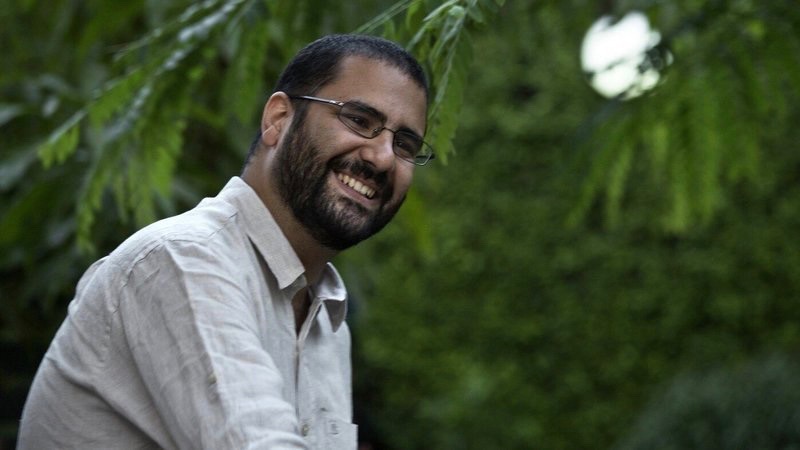At least three political prisoners have died inside Egyptian jails in the last couple of days, Middle East Eye (MEE) reported on Wednesday, September 14. According to MEE, all three died due to poor health conditions inside the prison. This once again underlines the issue of human rights in Egypt under the Abdel Fattah al-Sisi-led government.
Among the deceased was Mohammad Zaki (50), who died on September 10. He was serving a 15-year sentence given by a military court in 2014 for his alleged involvement in a protest. The other deceased have been identified as Hassan Abdullah Hassan (63), who died on September 12, and Shaaban Fouad.
According to posts put up on social media by some Egyptian human rights groups, Fouad was the 28th political inmate who died in prison this year, and over 1,100 prisoners have died in Egyptian jails since 2013.
Zaki, Hassan, and Fouad died in Gamasa prison, Wadi al-Natrun prison, and Shbein el-Koum deportation prison, respectively. Their deaths have been mainly attributed to medical negligence, according to the Egyptian Network for Human Rights (ENHR).
The death of the three prisoners was “a natural result of lack of the minimum standards of safety and health care” and the failure of Egypt’s public persecution to “carry out its duties of oversight on prisons and hold accountable those responsible for violations,” Ahmed Attar of ENHR told MEE.
MEE reported that hundreds of political prisoners have died in Egyptian prisons since 2013, including former President Mohamed Morsi who died in the Tora prison in June 2019.
Human rights groups have accused the Egyptian authorities of pursuing a deliberate policy of medical negligence which has led to the deaths of hundreds of political prisoners since 2013. They allege that there is complicity between the legislative and executive authorities in the country which legitimizes systematic human rights violations both inside and outside prisons.
Human Rights Watch (HRW) recently issued a report highlighting how the Egyptian state is restricting and oppressing independent environmental activists and organizations that are raising grave concerns just before the climate conference COP27 will be hosted by Egypt in November.
Alaa Abdel Fattah’s hunger strike
Alaa Abdel Fattah, another high-profile political prisoner who has been on hunger strike for six months now protesting authoritarian rule in the country and the deplorable prison conditions, recently said that he may die in prison as well.
Fattah, now a British citizen, is one of the most important figures from the 2011 popular uprising against the long rule of Hosni Mubarak. He and his lawyer, Mohamed Baker, have been in prison since 2019 on charges of spreading false news. Fattah has served several spells in prison since the 2013 coup by al-Sisi.
The al-Sisi regime has unleashed a massive crackdown on political opponents and human rights groups in the country, leading to the incarceration of thousands of political prisoners. In the years since the coup, a large number of political parties, trade unions, human rights groups, and journalists have faced state repression.
Al-Jazeera journalist Mahmoud Hussein spent four years in prison without being charged or tried for any crime. Egyptian authorities finally agreed on Wednesday to release Hussein’s colleague Ahmed al-Najdi who was detained in August 2020 and kept in prison without trial or charge for over two years. The news of the journalist’s release is linked to al-Sisi’s recently concluded state visit to Qatar. Al-Jazeera is funded by the Qatari government.
Before it was forced to suspend its activities in Egypt earlier this year, the Arabic Network for Human Rights Information (ANHRI) had published data related to the overall state of political persecution in Egypt under al-Sisi. According to ANHRI, there are at least 65,000 political prisoners in the country. Al-Sisi has used his absolute control on power in the country to control the activities of all opposition forces.
While shutting its operations in Egypt, ANHRI had cited “increasing disregard of rule of law and increased harassment by the police under legal or judicial pretext” in the country.





